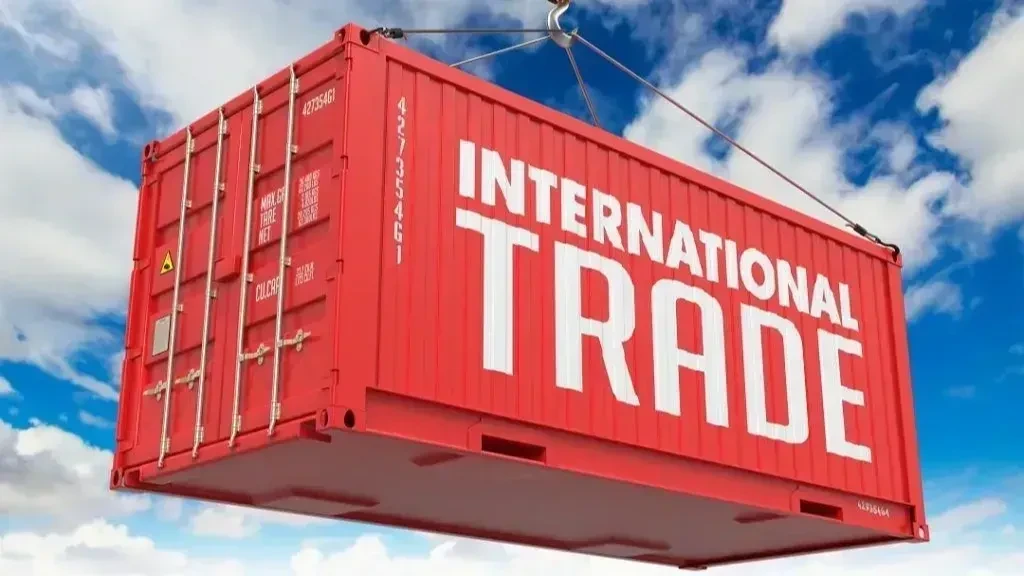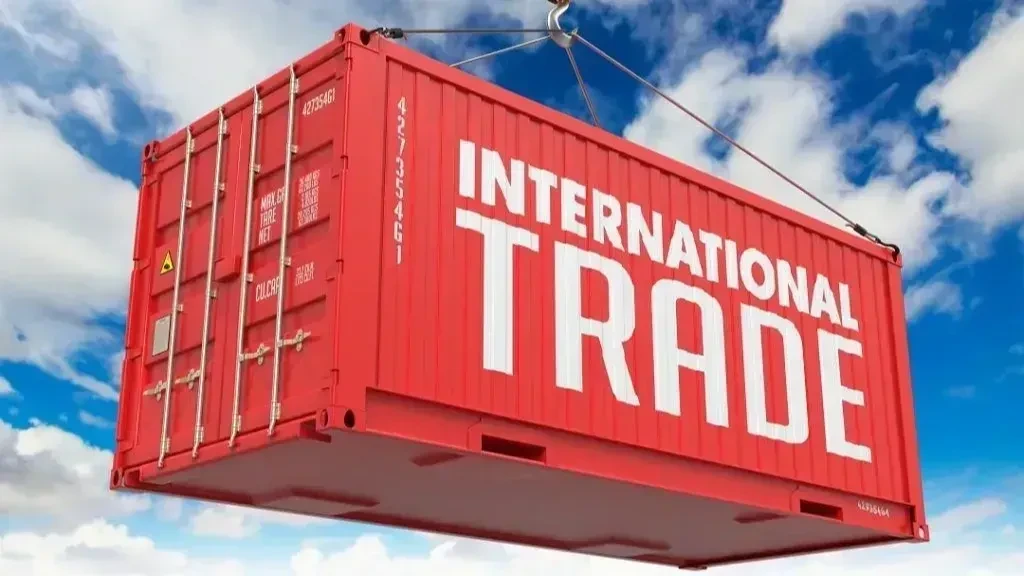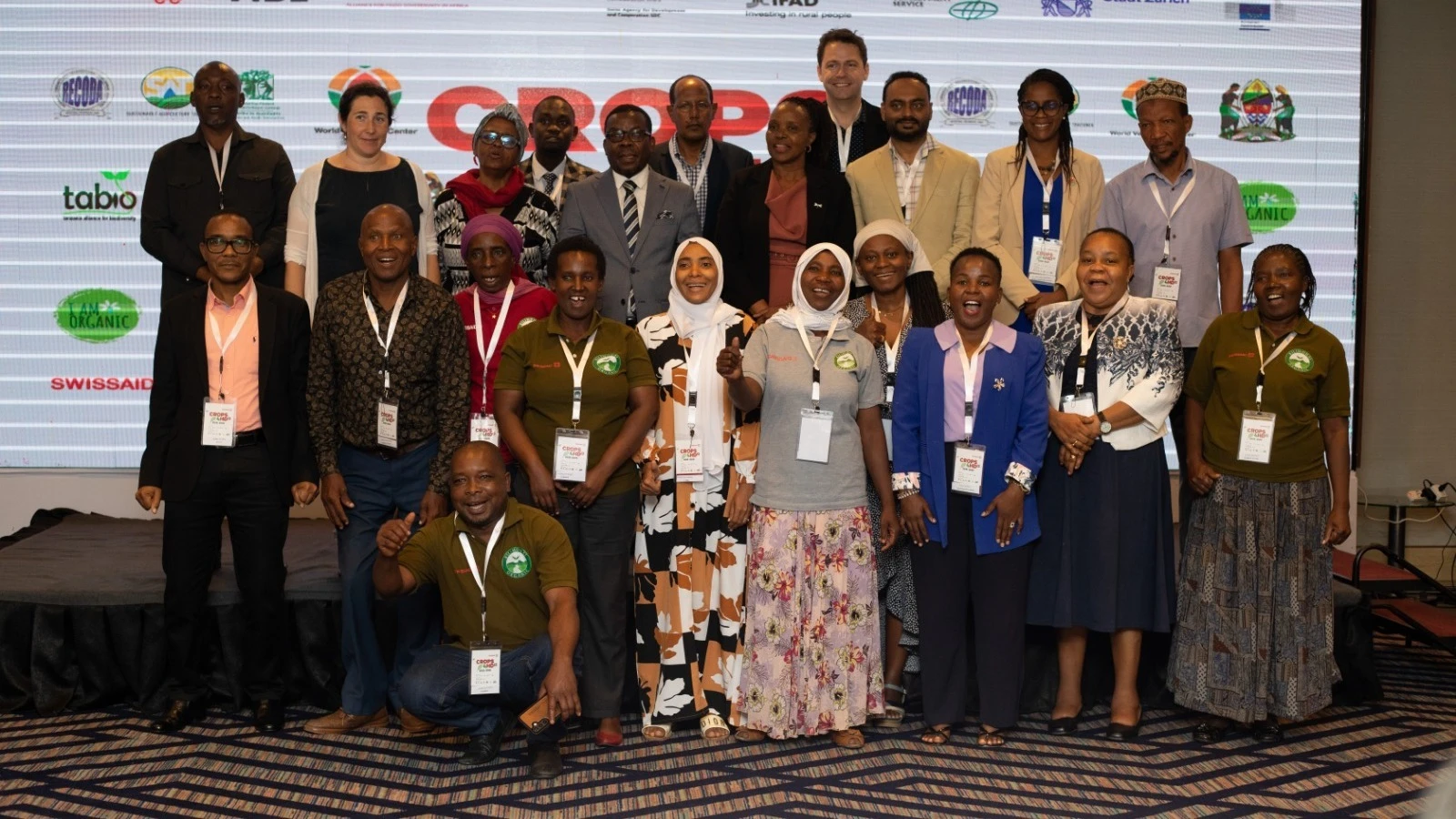Shifting to natural gas as clean energy bridges conservation-fossil fuels focus

VARIOUS experts have been exchanging views relating to whether African countries will have the last say on the global climate change action partnerships in a bid to shift to the use of natural gas before gradually moving to renewable energies generally.
Two models of argument are being put across, one a historical approach rooted in the belief that energy use is more or less like technology change in that it involves a number of steps rather than arriving at the top all at once.
The other format of argument is more like fashion – that, when it comes, everyone takes it up even if it in a sense involves extra costs.
The question is in that sense one of sorting out what model a country will follow, the way any country opts for a specific model, and whether international climate change negotiations involve different trajectories or shared goals, even the numbers.
One especially pivotal trajectory so far is reducing carbon emissions to 1.5 degrees Celsius above industrial revolution levels in Europe, and the jury is out if indeed the level of emissions isn’t already above 2.0 degrees Celsius and rising.
An auxiliary goal that is measurable by sector or operating company is ‘net zero’ carbon emissions, where a cycle of operations ends up eliminating as much harmful gas as it produces.
When Tanzania takes up replacing use of charcoal and firewood for liquefied natural gas as well as engaging in forest conservation via carbon trading in particular or stepped-up afforestation, the net zero objective countrywide is likely to be obtained.
The logic is that there will be less incidence of emission while industrial outlays as well as modern habitations are expanding.
And the implication would be that, by stifling industry or the use of resources, climate change mitigation pursuits are not inimical to economic growth.
The problem, all the same, is that net zero isn’t of much interest to the more acute lobbies but net diminution or just fossil fuel avoidance.
That is why the government could time and again face diplomatic and consensus hiccups from activists, especially within the European Union, who seek considerable redirecting of government efforts towards renewable sources of energy.
This matter raised difficult debates in the latest global conference on the issue, in the Azerbaijan capital of Baku, where strenuous arguments were raised that fossil fuels are a natural resource gift to numerous oil-bearing zones worldwide.
The conceptual premises notwithstanding, the lesson we get is that oil producers – and we are emerging as a noticeable gas producer globally – are ready for a net zero approach to issues, not abandoning fossil fuels pure and simple as activists want.
President Samia Suluhu Hassan has ably stated the case for transiting to gas as doable, even with price and policy ifs and buts to be sorted out for users to quicken the pace of adopting the use of natural gas.
If these parameters would be cleared with a strategic decision similar to the 10 per cent funding Malabo declaration for agriculture, more would be done and the shift would be consummated in fewer years than the 2034 daunting upper limit without such changes.
Again, enacting those changes and placing a blanket ban on charcoal in particular would win global fund managers into supporting these efforts as the conservation impact would be vivid, uplifting the net zero prospects.
Top Headlines
© 2025 IPPMEDIA.COM. ALL RIGHTS RESERVED

















